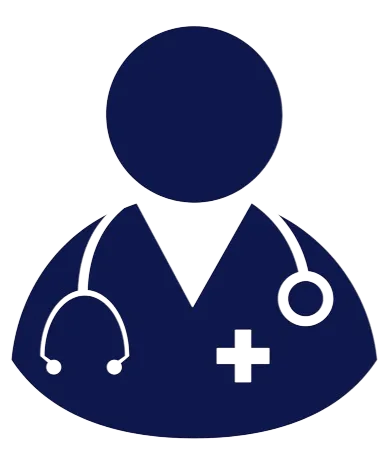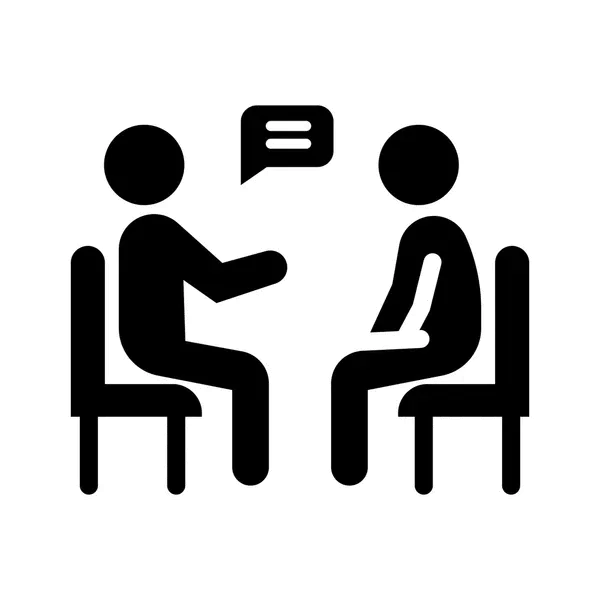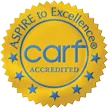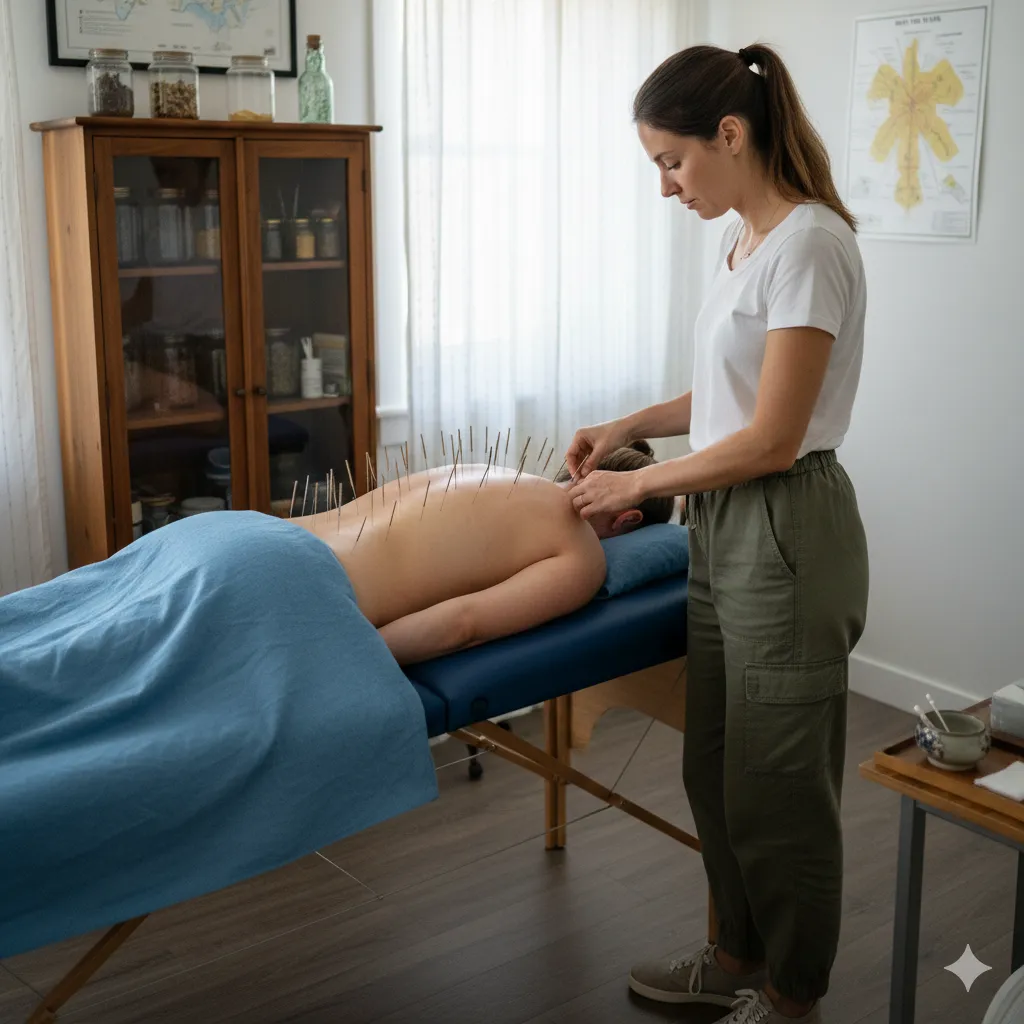
Healing Beyond the Prescription Pad: How Naturopathic Care Supports Injured Workers in Washington State
When a work injury happens, most people think of urgent care, pain medication, and long waits for physical therapy. But there’s another side to healing, one that looks beyond prescriptions and focuses on helping the whole person recover. This is where naturopathic treatment for work injuries in Washington State can make a difference.
In a recent Work Injury Washington interview, Dr. Andrew Juechter, a licensed acupuncturist and naturopathic physician in private practice, shared how integrative, patient-centered care helps injured workers heal faster, feel better, and return to meaningful work. His story sheds light on how Washington’s evolving occupational medicine landscape is creating new options for recovery.
A Journey Toward Whole-Person Care
Dr. Juechter didn’t start his career with naturopathy in mind. Coming from a family of healthcare professionals, he understood the power of medicine early on, but a personal experience changed everything.
After developing a severe digestive issue in his 20s and getting just a few minutes of conventional medical attention, he realized that something was missing. “I saw an opportunity to address some of the gaps in care,” he recalls. That moment inspired him to pursue naturopathic medicine at Bastyr University in Seattle, where science-based natural medicine meets patient-focused care.
Integrating Naturopathy Into Work Injury Treatment
Today, Dr. Juechter runs a private practice in Everett devoted to work injury patients. His care blends diagnostics, manual therapy, acupuncture, nutrition, and lifestyle guidance, all under one roof. “Naturopaths are trained as family practice providers,” he explains. “We learn diagnostics, pharmaceuticals, spinal adjustment, rehab, and nutrition. Having a toe in each of those fields makes us good at managing care and treating the whole person.”
That whole-person approach aligns naturally with Washington’s work injury rehabilitation system. Labor & Industries (L&I) programs, such as work conditioning, the Structured Intensive Multidisciplinary Program (SIMP), and the Brain Injury Rehabilitation Program (BIRP), all focus on removing barriers to recovery. Naturopathic medicine fits neatly into that philosophy, helping identify and resolve physical, emotional, and nutritional obstacles that slow healing.
Breaking Down Barriers to Recovery
For injured workers, barriers come in many forms: delayed authorizations, limited treatment coverage, or symptoms that fall between the cracks of traditional care. Dr. Juechter sees his role as helping patients and systems find common ground.
“Our philosophy is to eliminate obstacles to cure,” he says. “In work injury care, that means addressing barriers to rehabilitation and return to work.”
Nutrition, mental health, and pain management often play a role in those barriers. Many of his patients benefit from simple but powerful changes, dietary adjustments, anti-inflammatory supplements, or integrative treatments like acupuncture, to complement physical and occupational therapy.
The Power of Acupuncture in Pain Management
Washington State L&I began covering acupuncture for certain conditions several years ago, recognizing its research-supported benefits for pain. “They found it effective enough to support as a treatment,” says Dr. Juechter. Injured workers can now receive up to ten acupuncture sessions without prior authorization for low-back pain and more for migraines.
As both a naturopathic doctor and acupuncturist, Dr. Juechter uses this modality to relieve pain, reduce inflammation, and address emotional stress linked to injury. “Acupuncture connects the physical and mental,” he explains. “It’s not only about pain in one area, it’s about how that pain affects the whole person.”
His approach echoes the foundation of alternative medicine for injured workers: recognizing that recovery involves body, mind, and environment. Pain doesn’t live in isolation, and neither should treatment.
What a Visit Looks Like
Unlike the quick visits that many patients experience elsewhere, Dr. Juechter takes his time. First visits can last an hour or more, allowing space for patients to share their full story. “Sometimes multiple areas are injured, but only one gets attention at the ER,” he explains. “Later on, those untreated areas can become major barriers to getting better.”
Follow-up visits last about 30 minutes, enough to assess progress, adjust care plans, and coordinate with other providers. His collaborative style helps ensure communication flows between everyone involved, from physicians and therapists to claim managers and employers.
Strength in Collaboration
One recurring theme in Dr. Juechter’s philosophy is teamwork. “In this business, we may step on each other’s toes a little, and that’s a good thing,” he says with a smile. “The important part is working together so patients get integrative care.”
This spirit of collaboration runs deep in occupational medicine in Lynnwood, WA, Everett, and across Washington State. The system works best when physicians, physical therapists, acupuncturists, and vocational counselors share information and support the same goal, getting workers back to their lives safely and sustainably.
Dr. Juechter also recognizes that insurers and administrators have their own challenges. Clear communication and complete documentation, he says, are essential to reduce delays and confusion. “The better we can communicate, the more effectively patients get what they need.”
Overcoming System Frustrations
Even in a strong state system like Washington’s, challenges remain. Many helpful treatments, like nutritional supplements or herbal remedies, aren’t covered under L&I’s current best practices guidelines. “Something as simple as magnesium for headaches or turmeric for inflammation can make a difference,” he notes. “But cost can be a barrier.”
He hopes future updates will expand coverage to include these evidence-based, low-cost therapies that help patients heal more completely.
A Shared Mission: Helping People Get Their Lives Back
What keeps him inspired after years of practice? The success stories. He recalls a patient battling depression after a serious injury. With time, coordinated care, and strong mental-health support, the patient recovered, returned to work, and resumed caring for his young son.
“Seeing people develop the skills to take care of themselves makes you want to keep doing this work,” says Dr. Juechter. “Those wins remind us why we’re here.”
The Future of Work Injury Care in Washington
Both Dr. Juechter and host Josh Cobbley, an occupational therapist and owner of Convivio Health, share optimism for the future of work injury rehabilitation in Washington. From improved authorization speed to better integration of behavioral health and acupuncture, progress is happening.
“I really believe the people at L&I are trying,” Josh said during the interview. “They’re following the research and working with clinicians to make care faster and more effective.”
Together, professionals like Dr. Juechter and Convivio Health are leading the way toward more holistic, collaborative care, healing beyond the prescription pad.
About Dr. Andrew Juechter
Dr. Andrew Juechter is a licensed naturopathic physician and acupuncturist based in Everett, Washington. His private practice focuses on treating injured workers through integrative, patient-centered care that blends evidence-based naturopathy, acupuncture, nutrition, and rehabilitation support. Learn more at corechiropracticseattle.com/dr-andy.
About Work Injury Washington
Work Injury Washington is a conversational interview series hosted by Josh Cobbley, OT, owner of Convivio Health. The show spotlights providers, experts, and innovators who serve Washington’s injured worker community. Each episode bridges perspectives between healthcare, employers, and the state’s Labor & Industries system, helping build better outcomes for everyone involved.
